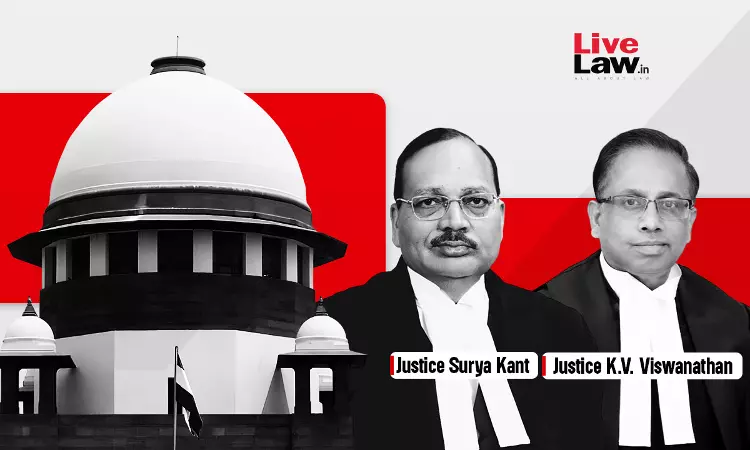Application Seeking Further Investigation Can Be Treated As Protest Petition : Supreme Court
Yash Mittal
12 Feb 2024 8:16 PM IST

Next Story
12 Feb 2024 8:16 PM IST
Recently, the Supreme Court observed that an application seeking further investigation can be treated as a protest petition if the application prima facie establishes the commission of the offences, and such an application can't be technically rejected because procedural recourse of filing a protest petition is not followed.The Court said that although the proper course for the appellant...
